Looking back on the Green Horizon Summit, Katherine Stodulka, Director of the Blended Finance Taskforce, considers some of the messages that hit home.
The UK cemented its leadership at the Green Horizon Summit, convening some of the biggest names in sustainable finance and hammering home the message: we need to accelerate the transition to a net-zero, nature-positive and inclusive economy. And we need to do it fast. We heard inspiring calls to action from well-known climate champions like Christiana Figueres, Kristalina Georgieva, Christine Lagarde, H.R.H. Prince Charles and the Green Finance Institute’s CEO, Rhian-Mari Thomas.
“Mobilising finance for climate will be the defining issue of our generation” said NinetyOne’s John Greene. Macquarie’s CEO, Shemara Wikramanayake, urged more investors to work with emerging market governments to develop green projects.
Mark Carney called for a “whole of economy” transition to net zero. His Task Force on Scaling Voluntary Carbon Markets – chaired by Standard Chartered – published its first set of 17 recommendations, which is open for consultation until 10 December 2020.
For a comprehensive wrap up of the three-day conference – including Adair Turner on Making Mission Possible and Nick Stern on the importance of blended finance, head to the Green Finance Institute’s summary here.
But if you only watch one session, check out Nigel Topping – the UK’s High Level Climate Action Champion for COP26 – who imagines himself chairing the Audit and Risk Committee for Planet Earth… “it’s a complete risk management failure.”
In five minutes, Nigel explains:
Why investors must act now: the future is approaching faster than we think. In 2016, forecasters at the IEA said we’d still be building internal combustion engines in the 2070s. Four years later, that looks more like a phase-out by the 2030s if not before. “The future has come forward by decades.”
Why this is not a moral choice: the perceived trade-off between climate action and financial performance has seen many investors lose money. They have been too slow to see the value destruction in O&G balance sheets, too slow to get out of coal, too slow to see the electrification of vehicles and utilities. “Those who are asleep at the wheel miss out”
Why the finance sector needs to drive innovation: we need to align business models to the inevitable exponential transition to net zero. Investors can accelerate this transition by ensuring the wise deployment of capital. There is a vast opportunity if we get this right. But those who join the race too late may never catch up. “It’s very hard to chase an exponential curve”.

